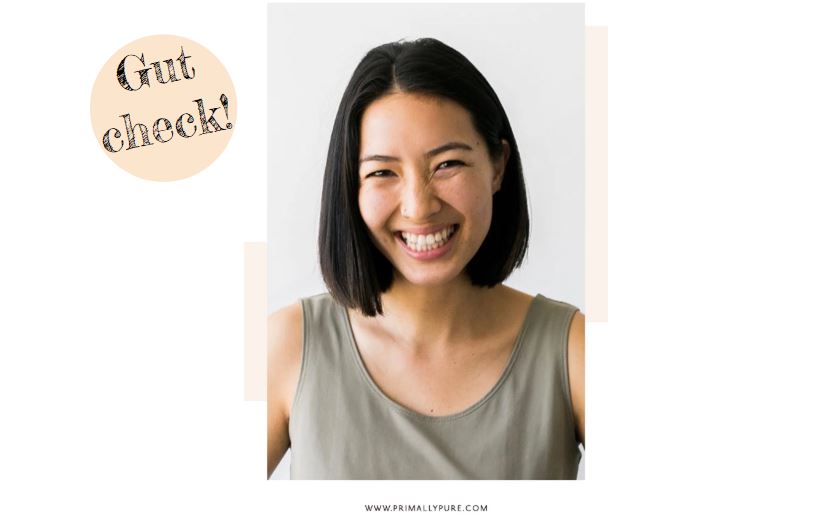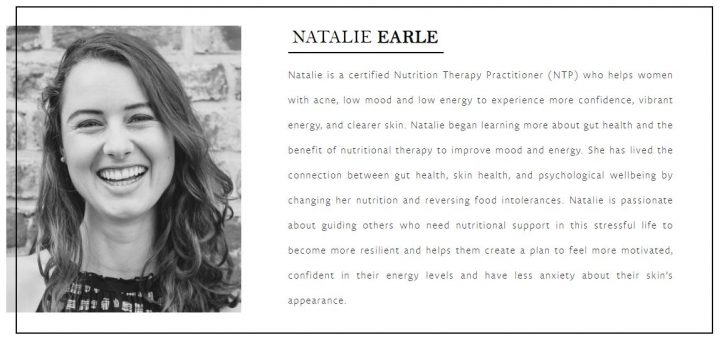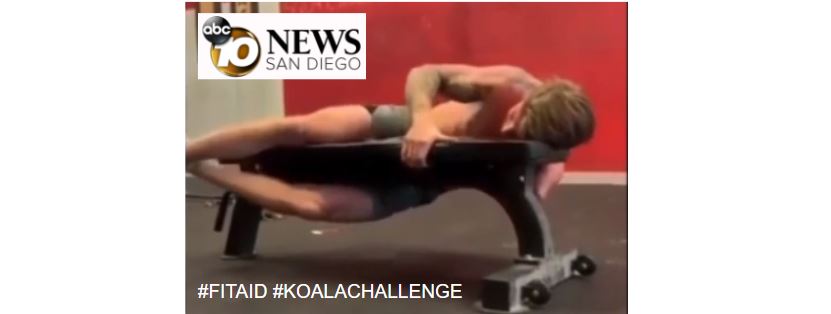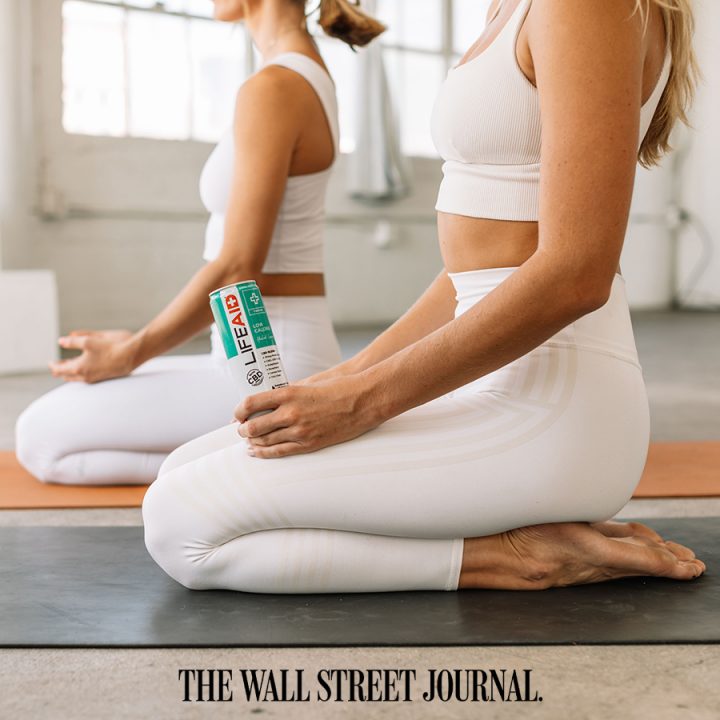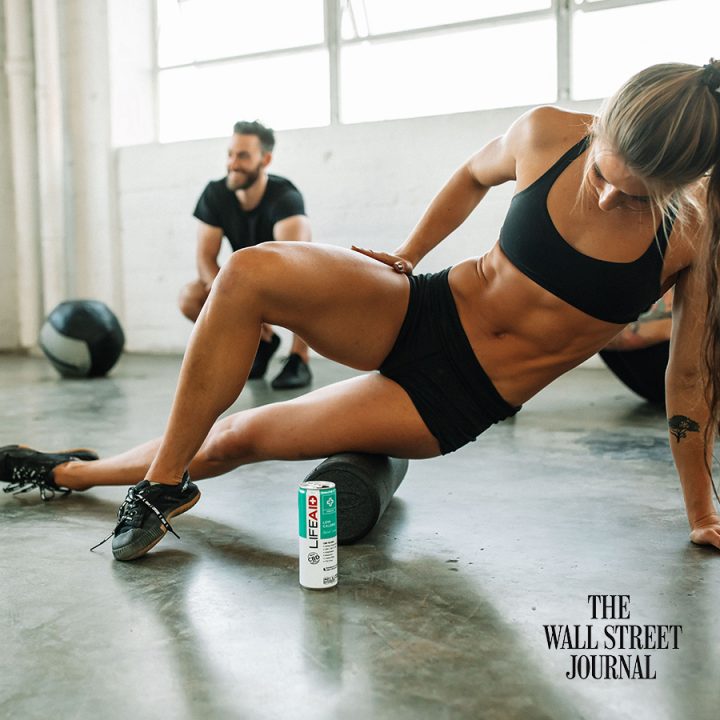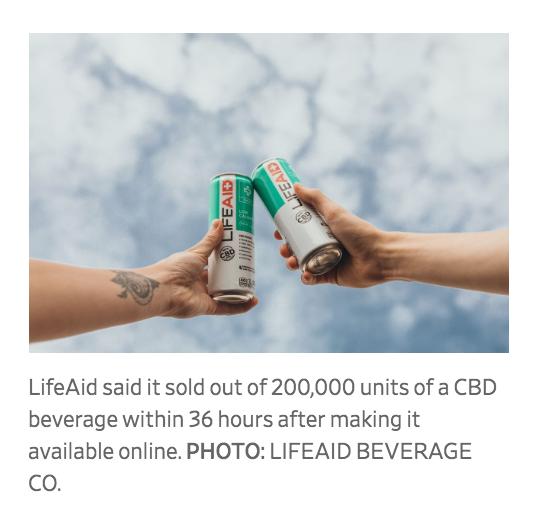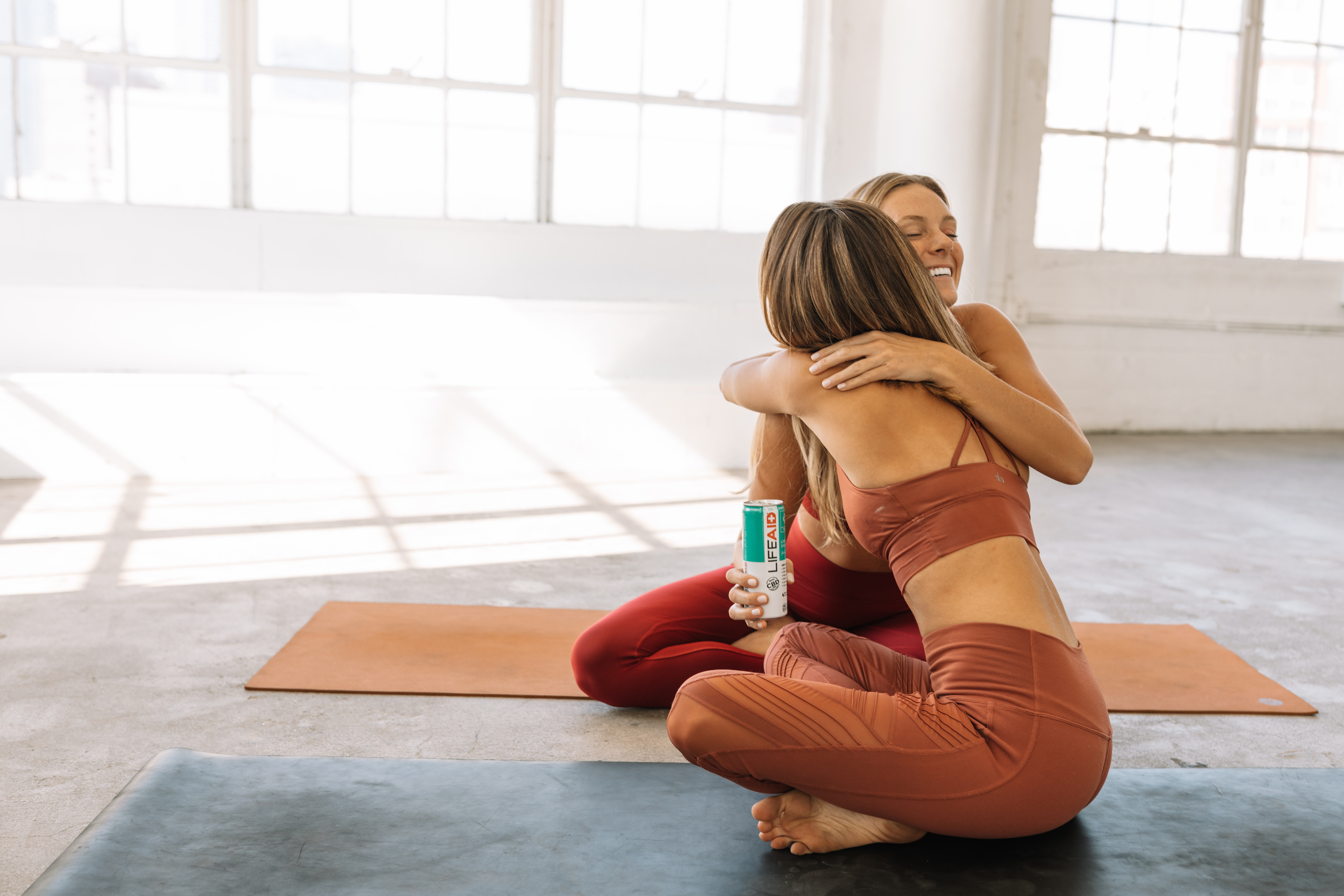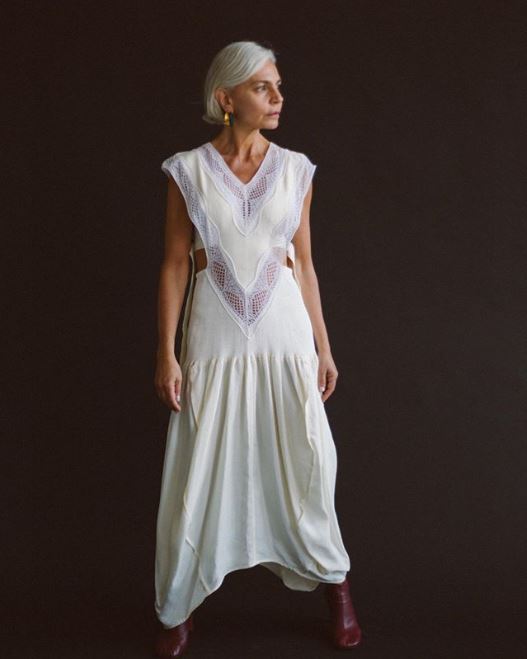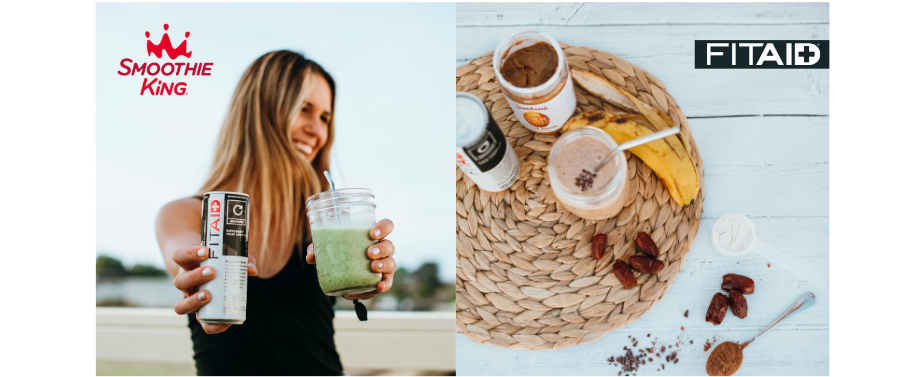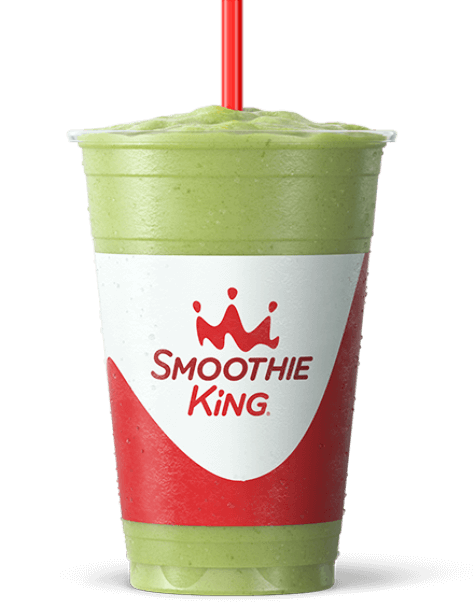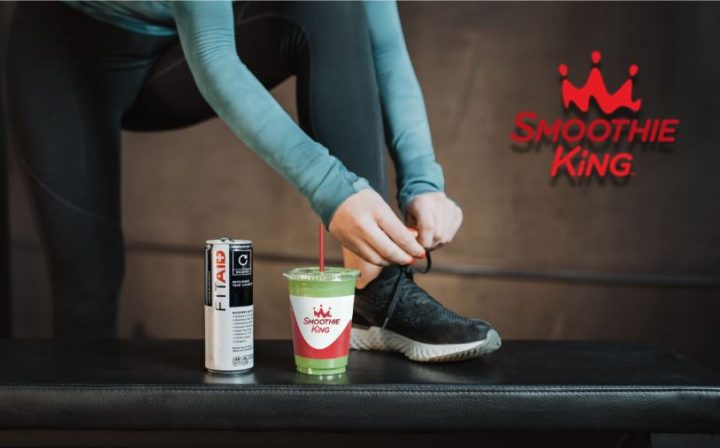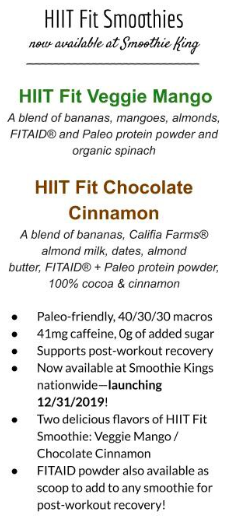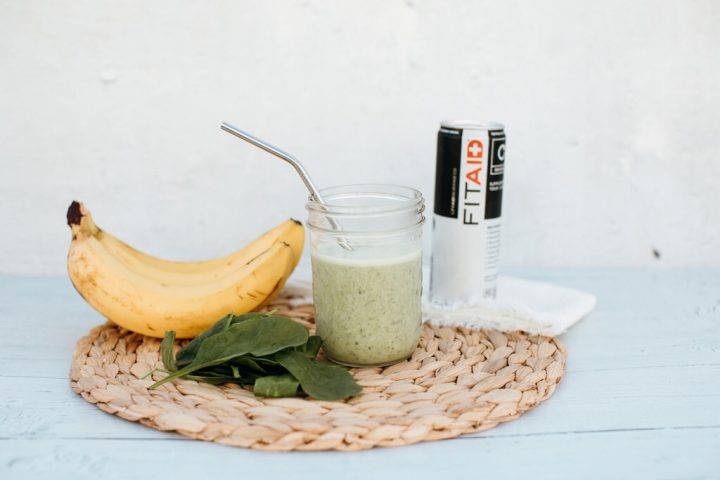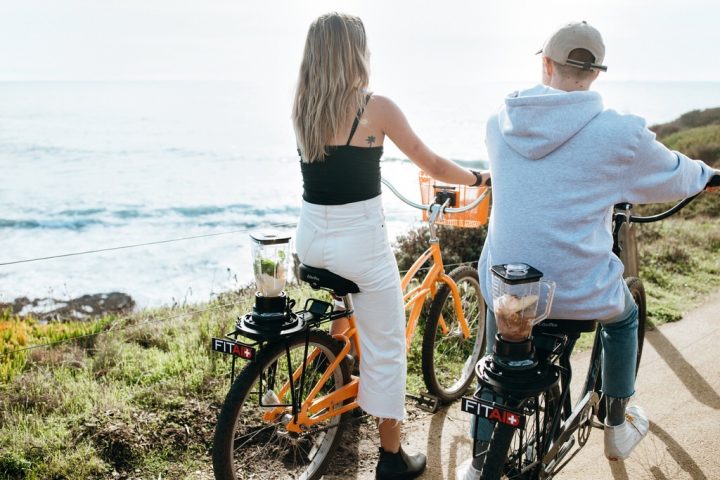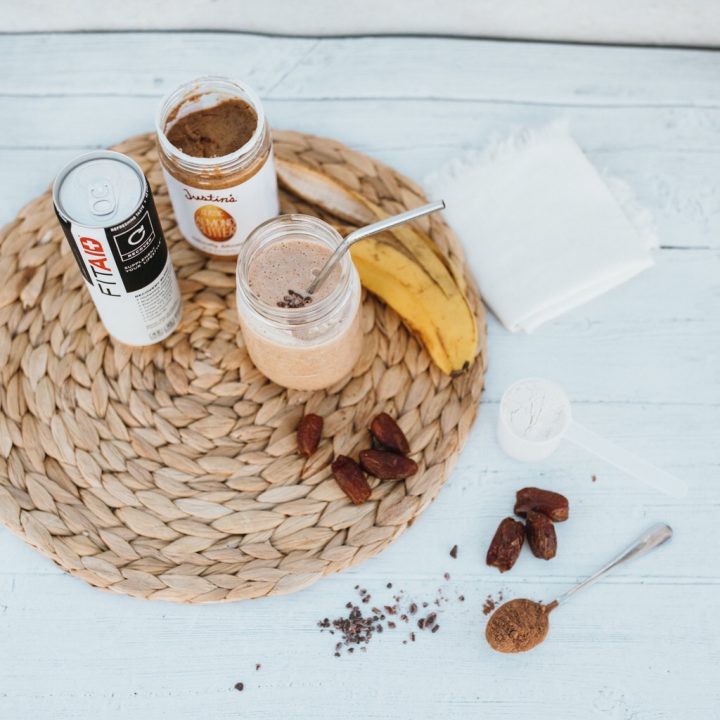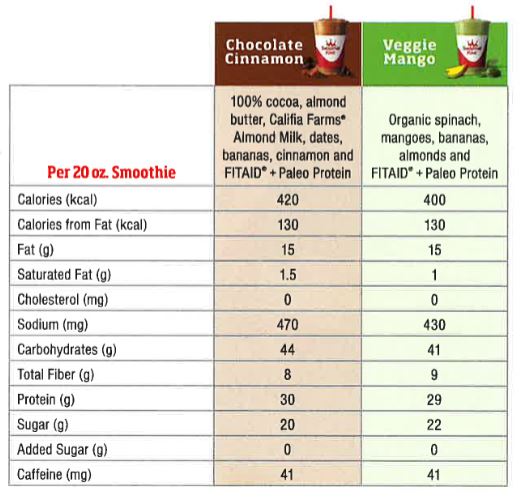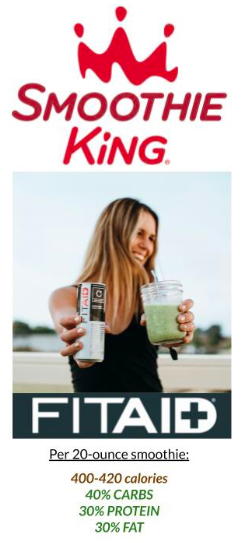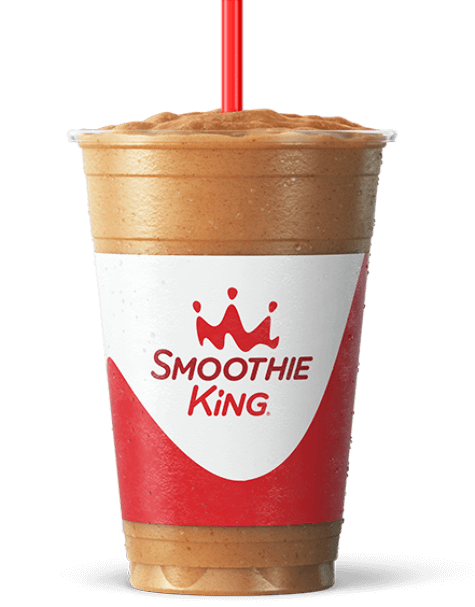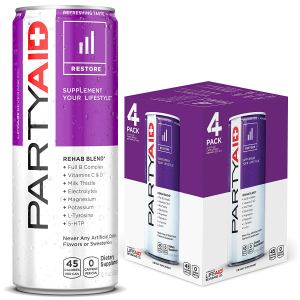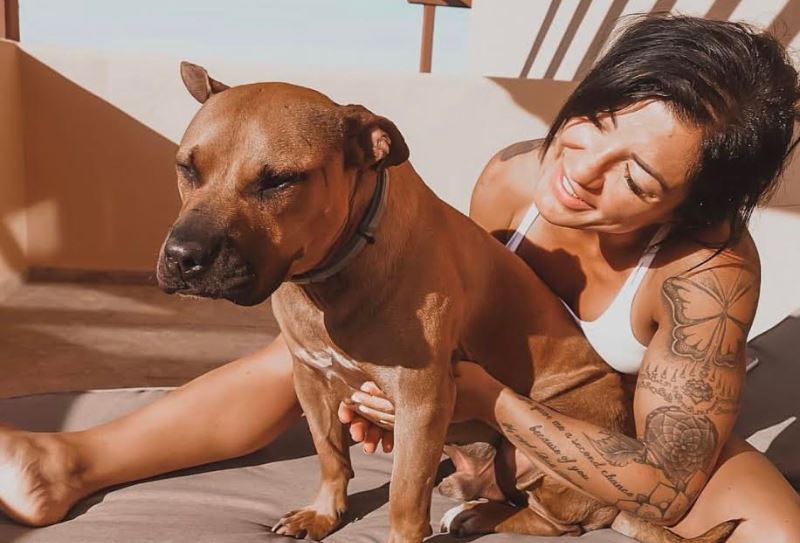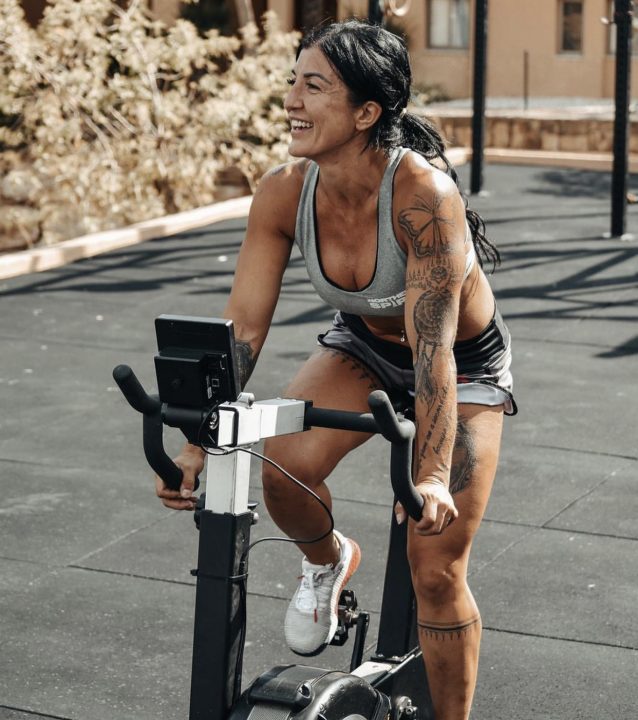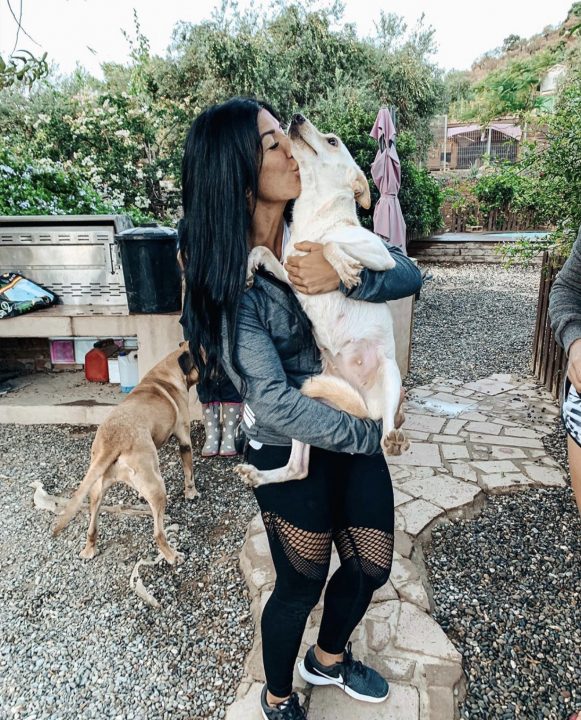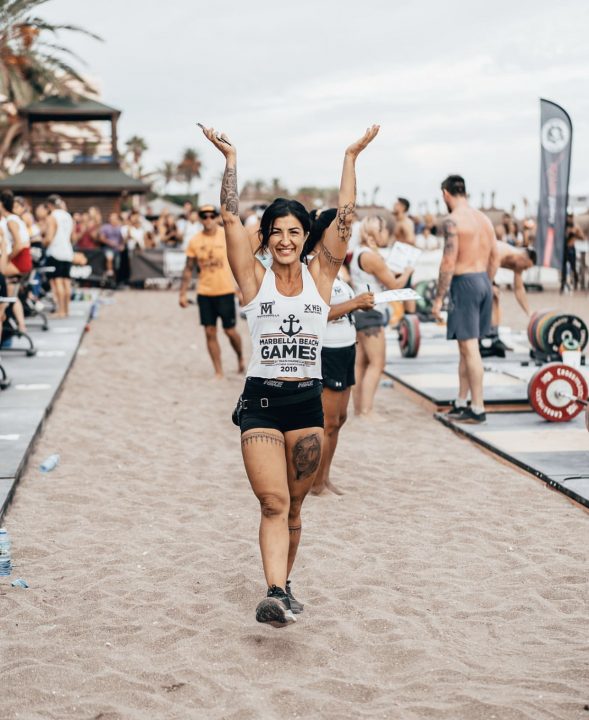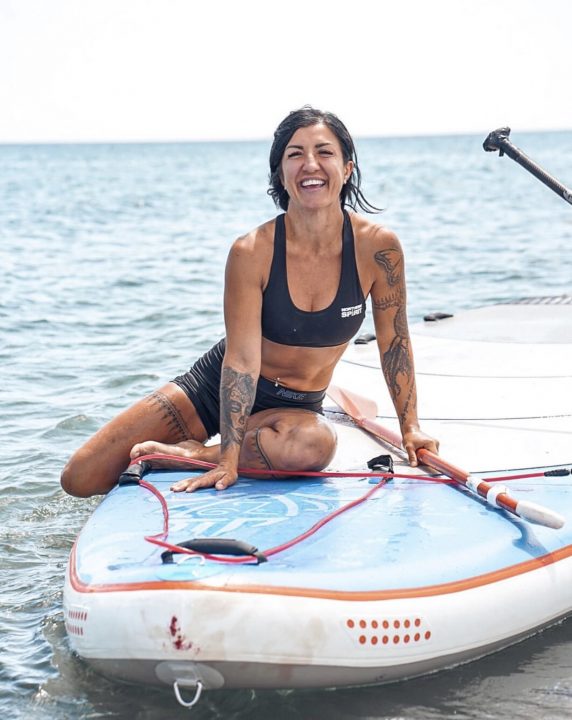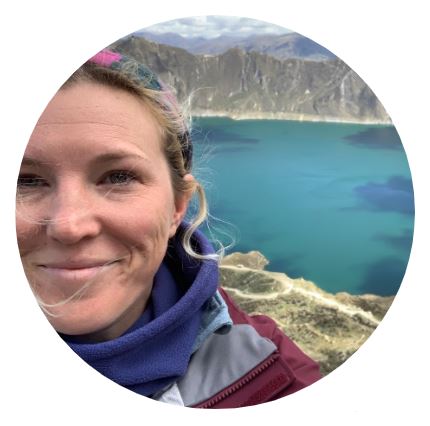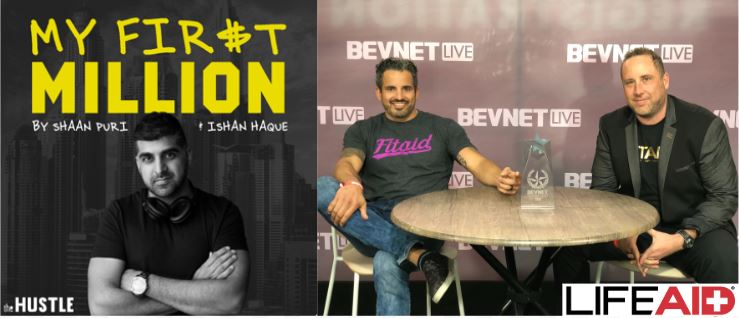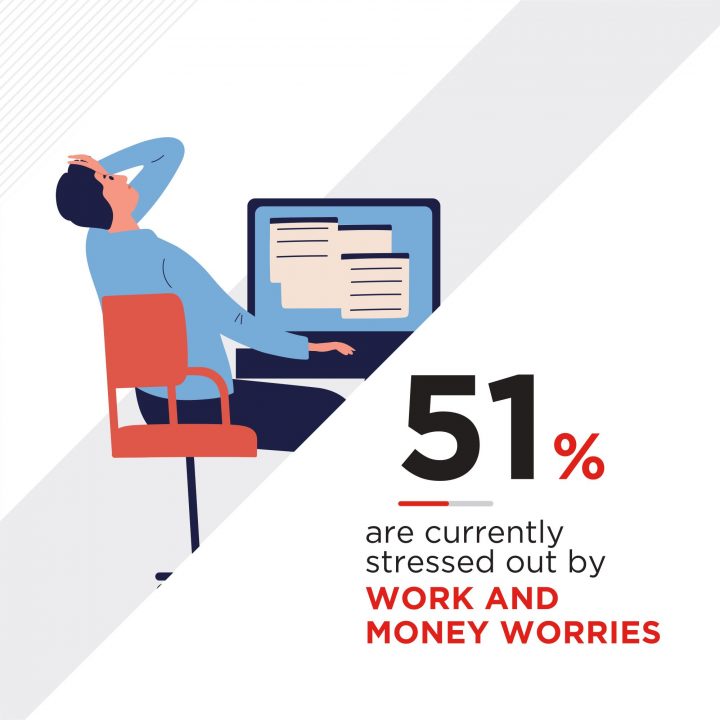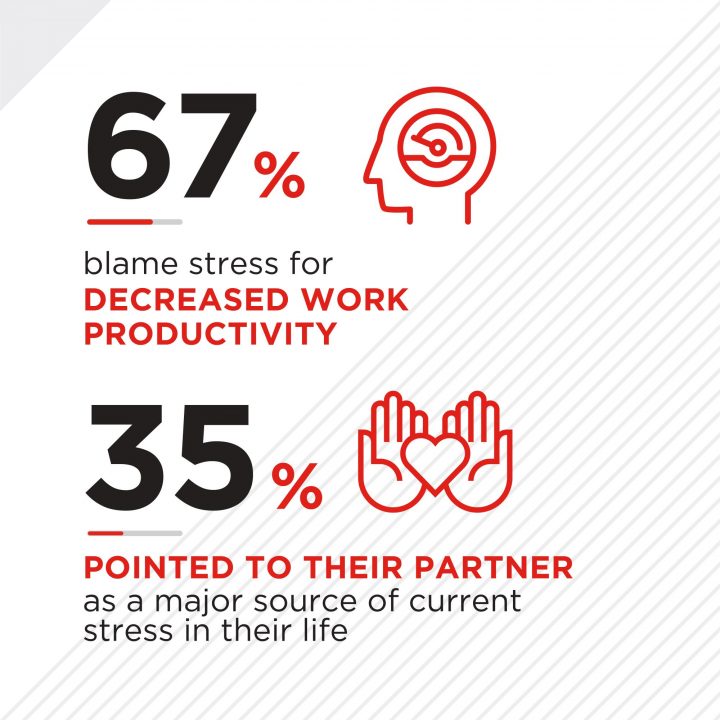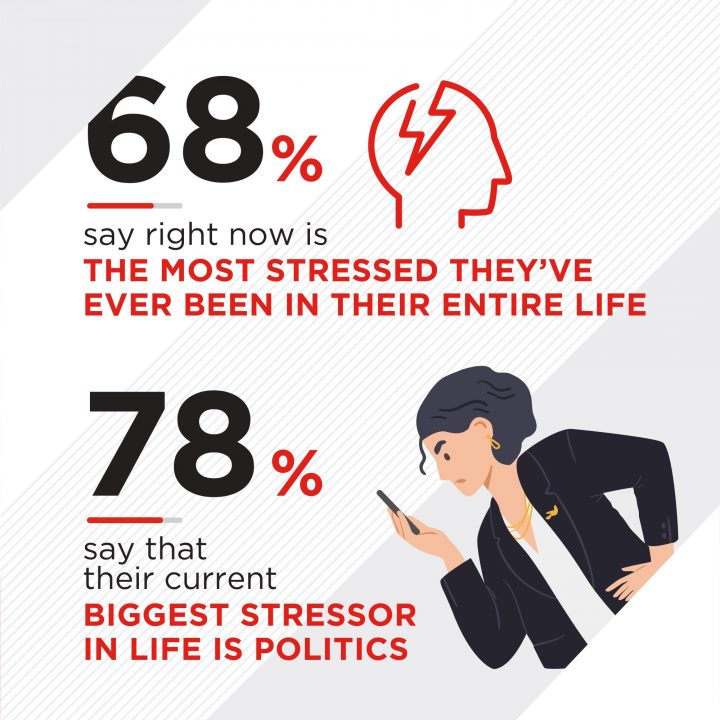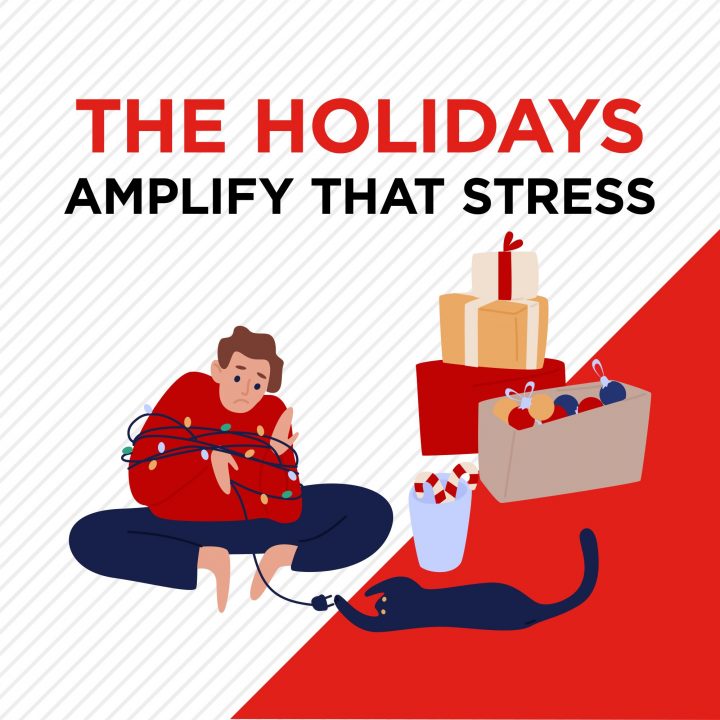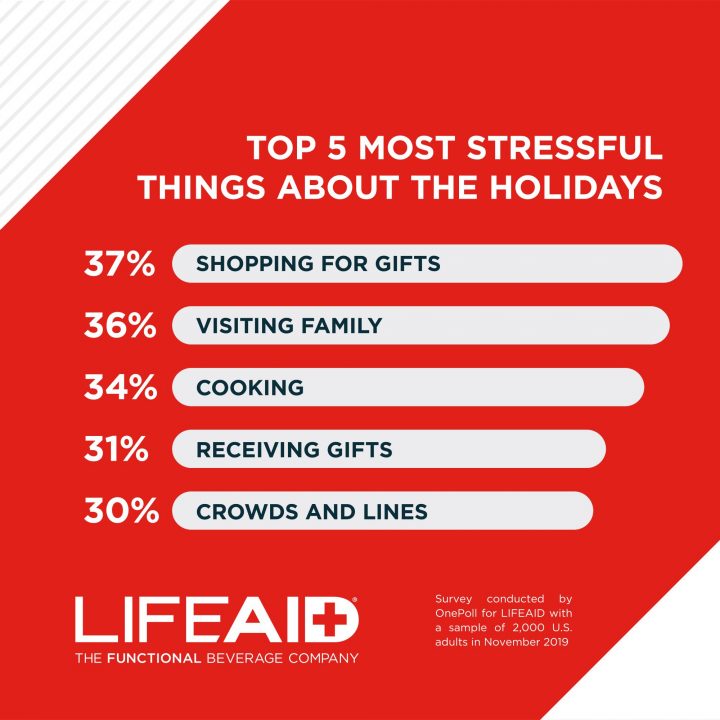 What does your stomach have to do with your skin? You may have heard about gut health and how important it is but still don’t really see the point. After all, you might not have digestive issues or stomach aches – what you really care about is your skin.It might surprise you then that food intolerances are a big cause of acne and skin health. The root cause of food intolerances are digestive imbalances (mostly in your Gastro-Intestinal Tract aka GUT), toxins, and stress. Removing food intolerances from your diet is a great first step to healthy skin, but healing your gut will allow you to achieve long-term skin health. This can also prevent you from developing food intolerances in the future, support your skin, and the health of your whole body in the long run.
What does your stomach have to do with your skin? You may have heard about gut health and how important it is but still don’t really see the point. After all, you might not have digestive issues or stomach aches – what you really care about is your skin.It might surprise you then that food intolerances are a big cause of acne and skin health. The root cause of food intolerances are digestive imbalances (mostly in your Gastro-Intestinal Tract aka GUT), toxins, and stress. Removing food intolerances from your diet is a great first step to healthy skin, but healing your gut will allow you to achieve long-term skin health. This can also prevent you from developing food intolerances in the future, support your skin, and the health of your whole body in the long run.
Here are 5 top ways to improve your gut health, help to heal your food intolerances, and get clearer skin.
Take A Probiotic And Eat Probiotic Rich Foods
There are 2 different kinds of probiotics: native and transient. Native flora are probiotics that reside in the gut while transient probiotics enter the gut through probiotic-rich foods and also help to shape the terrain of the microbiome.
In general, lactobacillus and bifido bacteria are examples of transient flora that you can find in yogurt, sauerkraut, kimchi, coconut kefir and other fermented foods. Native probiotics are similar to the microbes found in healthy soil. Research shows that our gut contains the same probiotics as the earth! We truly are what we eat. In light of this, it’s important to source local organic produce that still contains healthy soil residues to improve your own gut flora.
Cut Out Sugar And Processed Food
This step sounds simple, yet it can honestly be the most challenging part of healing the gut and your skin. Our society is known for eating a “SAD” diet (Standard American Diet) which is full of sugar, toxic oils, and refined flour. Health is often not encouraged or made easy/convenient in western cultures. In order to reduce our intake of sugar, my clients and I have found it helpful to avoid dishes with sugar unless they’re made from scratch. If I choose to make something sweet I’ll use high-quality ingredients and no refined sugar. Instead I will use raw local honey, 100% maple syrup or fruit to sweeten my treats.
Food prepping and ingredient reading are some other tips I have for avoiding processed foods. You can always read the ingredient list and choose to purchase brands with less than 5 ingredients that you know and understand. Ideally, you can make your own granola bars, crackers, and snack on real food (or leftovers) to get you through those long days.
Increase Fiber
Fiber has been a part of indigenous communities’ diets and is recognized by most doctors to maintain a healthy digestive system. Fiber, both insoluble and soluble, will come from vegetables and fruits. You can also get fiber from nuts, seeds, and grains; however, in my clinical experience, I have found that some people with severe gut issues have trouble digesting these fibrous foods at first. In fact, it can be easier to get more fiber in your diet when you cook your vegetables. I recommend starting the week by roasting a handful of root vegetables, cruciferous vegetables, and greens to set you up for a fiber-full week.
Drink Bone Broth
Bone broth is all the rage right now, but you want to make sure you are eating high quality bone broth. I like the brands that you find in the freezer sections because of nutrient density and zero preservatives. There is also a difference between meat stock and bone broth. Meat stocks can have a higher healing effect on the digestive system because of the meat and ligaments that are used to make the stock. Meat stock recipes are shorter cooking times and use meat on bone to get more collagen and gelatin in your stock. These serve as the glue to fill the holes in your leaky gut which are causing food intolerances and acne.
Stop Snacking
Snacking is a SAD (Standard American Diet) habit. For people with blood sugar regulation issues, mainly hypoglycemia, it’s important to eat protein and fat more frequently at first, but eventually, those who feel the need to snack all the time will be able to space out their meals to allow time for proper digestion. Allowing enough time between meals (approximately 3-4 hours between meals) allows your body to fully digest your food. When foods are not fully digested, undigested food can start to feed opportunistic bacteria which create imbalances, toxins, and infections in the gut which contribute to acne.
Outside of clearer skin, improved gut health will improve immunity, balance hormones, boost mood, balance weight, and speed up recovery from stress. Our bodies are what we eat, but also how well we digest what we eat. The building blocks of our skin cells, neurotransmitters, hormones, and muscles come from the food we eat and properly preparing and digesting it.
After making these changes, you can begin to see improvements with your skin clarity within 3 to 6 months. Improvements with digestion usually occur within 30 days! Despite our desperation, the fact is, healing takes time. Especially when there have been years of toxins absorbed into your body and years of feeding imbalanced gut bugs. Everyone is bio-individual, so what works for you might not work for someone else. But, once you start to move the needle on how well you are digesting your food, the improvements in your skin, mood, and energy will be sure to follow.
